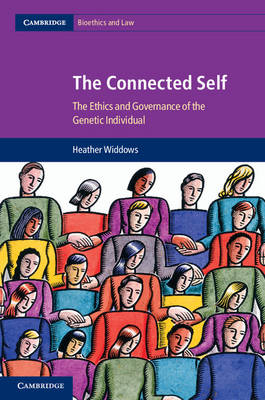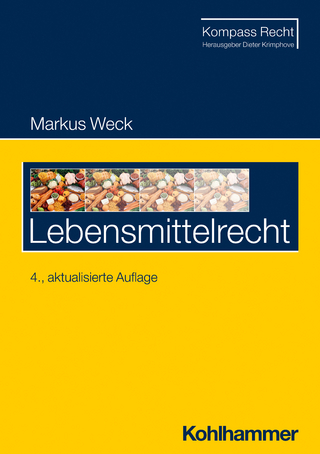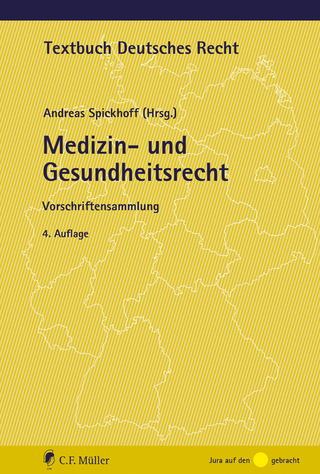
The Connected Self
The Ethics and Governance of the Genetic Individual
Seiten
2013
Cambridge University Press (Verlag)
978-1-107-00860-1 (ISBN)
Cambridge University Press (Verlag)
978-1-107-00860-1 (ISBN)
The genetic self is the connected self. Dominant ethical frameworks – particularly those of choice and consent – fail to recognise this. Accordingly, ethical practices offer little protection and permit significant injustice. New frameworks of ethics and governance are needed which respect relationships and groups as well as common and public goods.
Currently, the ethics infrastructure – from medical and scientific training to the scrutiny of ethics committees – focuses on trying to reform informed consent to do a job which it is simply not capable of doing. Consent, or choice, is not an effective ethical tool in public ethics and is particularly problematic in the governance of genetics. Heather Widdows suggests using alternative and additional ethical tools and argues that if individuals are to flourish it is necessary to recognise and respect communal and public goods as well as individual goods. To do this she suggests a two-step process – the 'ethical toolbox'. First the harms and goods of the particular situation are assessed and then appropriate practices are put in place to protect goods and prevent harms. This debate speaks to core concerns of contemporary public ethics and suggests a means to identify and prioritise public and common goods.
Currently, the ethics infrastructure – from medical and scientific training to the scrutiny of ethics committees – focuses on trying to reform informed consent to do a job which it is simply not capable of doing. Consent, or choice, is not an effective ethical tool in public ethics and is particularly problematic in the governance of genetics. Heather Widdows suggests using alternative and additional ethical tools and argues that if individuals are to flourish it is necessary to recognise and respect communal and public goods as well as individual goods. To do this she suggests a two-step process – the 'ethical toolbox'. First the harms and goods of the particular situation are assessed and then appropriate practices are put in place to protect goods and prevent harms. This debate speaks to core concerns of contemporary public ethics and suggests a means to identify and prioritise public and common goods.
Heather Widdows is a Professor in the philosophy department at the University of Birmingham, where she teaches moral philosophy, bioethics, global ethics and health and happiness.
1. The individual self and its critics; 2. The individualist assumptions of bioethical frameworks; 3. The genetic self is the connected self; 4. The failures of individual ethics in the genetic era; 5. The communal turn; 6. Developing alternatives: benefit sharing; 7. Developing alternatives: trust; 8. The ethical toolbox part one: recognising goods and harms; 9. The ethical toolbox part two: applying appropriate practices; 10. Possible futures.
| Reihe/Serie | Cambridge Bioethics and Law |
|---|---|
| Verlagsort | Cambridge |
| Sprache | englisch |
| Maße | 156 x 235 mm |
| Gewicht | 450 g |
| Themenwelt | Naturwissenschaften ► Biologie |
| Recht / Steuern ► EU / Internationales Recht | |
| Recht / Steuern ► Privatrecht / Bürgerliches Recht ► Medizinrecht | |
| ISBN-10 | 1-107-00860-3 / 1107008603 |
| ISBN-13 | 978-1-107-00860-1 / 9781107008601 |
| Zustand | Neuware |
| Haben Sie eine Frage zum Produkt? |
Mehr entdecken
aus dem Bereich
aus dem Bereich
Vorschriftensammlung
Buch | Softcover (2024)
C.F. Müller (Verlag)
55,00 €


